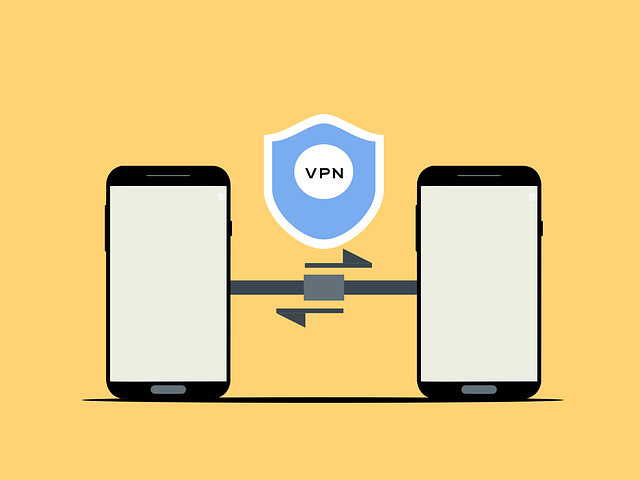The Differences between Free and Paid VPN Services
Virtual Private Networks (VPNs) have become increasingly popular as people look to protect their online privacy and security.
While there are many free VPN services available, it is important to understand the differences between free and paid VPN services, so you can make an informed decision about which option is best for you.
Free VPNs are Limited
One of the main differences between free and paid VPNs is the level of service they provide. Free VPNs typically come with limitations on data usage, server access, and speed. These limitations can significantly impact the overall user experience, making it difficult to use the VPN for more demanding tasks such as video streaming or gaming.
Moreover, free VPNs often have limited server options, which means you may not be able to connect to a server that is physically located in the country you are interested in accessing content from. This can significantly reduce the speed of your internet connection and make it difficult to access certain websites or online services.
Data Logging
Another key difference between free and paid VPNs is the issue of data logging. Free VPN services may collect and sell your personal data to third parties, including your online activity and usage history. This is a serious privacy concern, as it puts your personal information at risk of being used for targeted advertising or even more serious forms of exploitation.
On the other hand, paid VPN services usually have strict no-logging policies that protect your privacy and prevent them from collecting and selling your personal data. Additionally, paid VPNs typically have better encryption standards, which means your online activity is more secure and less likely to be intercepted by third parties.
Speed and Reliability
Free VPNs are often plagued by slow speed and unreliable connections. This is because free VPNs have limited server options and low-bandwidth capabilities, which can significantly impact the speed of your internet connection. Additionally, free VPNs often have low-quality encryption standards, which can lead to frequent disconnections and slowdowns.
In contrast, paid VPNs offer fast and reliable connections with better encryption standards. They also have more server options, which means you can choose a server that is physically located in the country you want to access content from. This means you can enjoy fast and reliable internet access with no slowdowns or interruptions.
Support and Customer Service
Free VPNs often have limited support options, which means that if you run into any issues, you may not be able to get the help you need. Additionally, free VPNs often have low-quality customer service, which means that you may not be able to get the assistance you need in a timely manner.
Paid VPNs, on the other hand, offer top-notch support and customer service. They have dedicated support teams that are available to help you with any issues you may encounter. Additionally, paid VPNs typically have more comprehensive knowledge bases and resources available, which can help you troubleshoot any issues you may encounter.
Conclusion,
Free VPNs may seem like a good option for those who are looking for a simple and cost-effective solution. However, it is important to understand that free VPNs come with limitations that can impact the overall user experience. On the other hand, paid VPNs offer more comprehensive and reliable service, which can provide a better online experience and peace of mind. If privacy and security are your top priorities, it may be worth investing in a paid VPN service.
